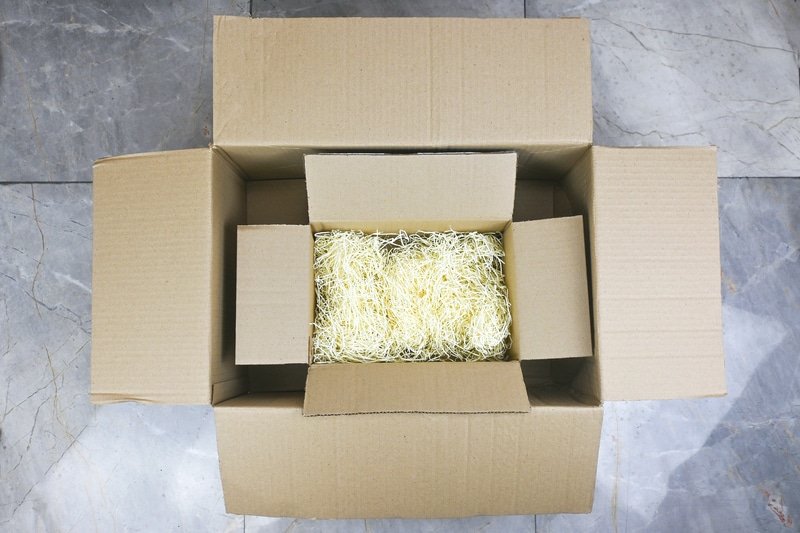Avoiding Public Ridicule and Environmental Waste in eCommerce Deliveries
Public ridicule stinks – particularly in front of millions of people.
Yet that happens every day because of non-sustainable eCommerce packaging. Your customers open a huge box full of tissue paper, bubble wrap – and the one or two small items they actually wanted. And then they capture your shame on video:
- They play Christmas music while rolling out reams of unwanted environmental waste – paper, bubble wrap, eventually just dumping the packing peanuts on the floor.
- They make snarky comments: “All that bubble wrap. That’s ridiculous.”
- They mockingly mark off the 30 feet of paper used to wrap a 2-meter boompole, which is used to hold a microphone.
There are an estimated half a billion unboxing videos on the internet – maybe even more. And the above ones are hilarious – just not the kind of publicity you need for your brand or delivery service.
With today’s technology and services, however, eCommerce and retail delivery operators have no excuse for such environmental waste, particularly in an era where your customers care more than ever about ESG (environmental, social, governance) issues.
Profitable Solutions for Sustainable Packaging
Revamping your delivery options to reduce “air in the box” is possible, desirable and profitable. Yes, I know you cannot keep umpteen million different-sized boxes on hand for every conceivably sized item. But brands can easily and quickly transition from shipping boxes 60-75% full of air to shipping boxes with 30-40% air, saving millions of dollars a year in freight costs and creating a fantastic unboxing experience for your customers.
Just pairing the right-sized box with the right-sized item can yield 3- and 4-digit ROIs. In one example, an eCommerce retailer of fishing tackle reduced shipping costs by 22%, packaging costs by 10% and CO2 emissions by 30%. Annual freight, packaging and labor savings totaled $2.5 million.
Our industry needs to move toward more sustainable practices. There are solutions to these problems that help the environment, reduce waste, save costs – and just as importantly for your marketing department, avoid public shame.
Jim Tompkins, Chairman of Tompkins Ventures, is an international authority on designing and implementing end-to-end supply chains. Over five decades, he has designed countless industrial facilities and supply chain solutions, enhancing the growth of numerous companies. He previously built Tompkins International from a backyard startup into an international consulting and implementation firm. Jim earned his B.S., M.S. and Ph.D. in Industrial Engineering from Purdue University.






